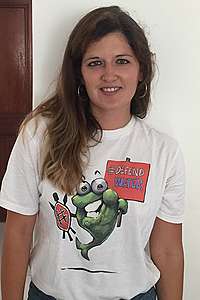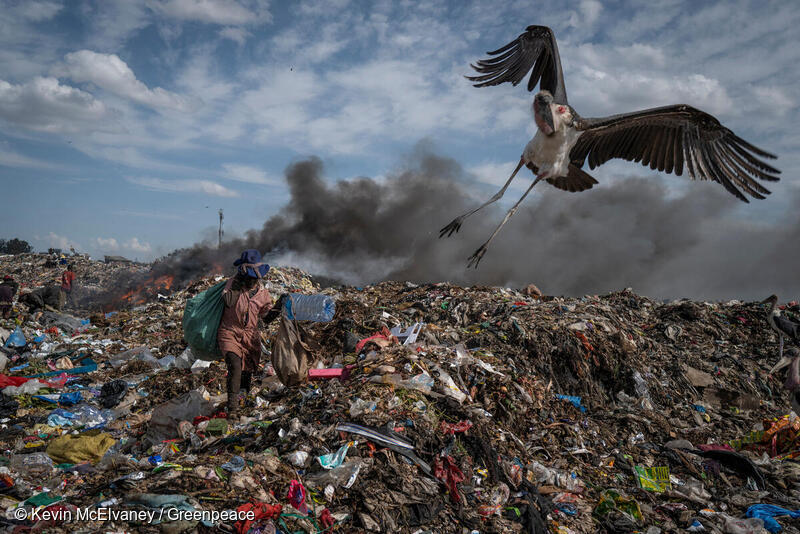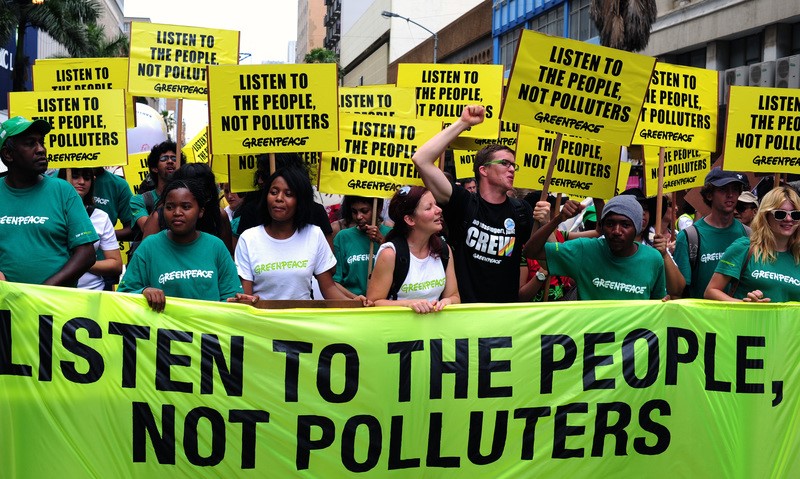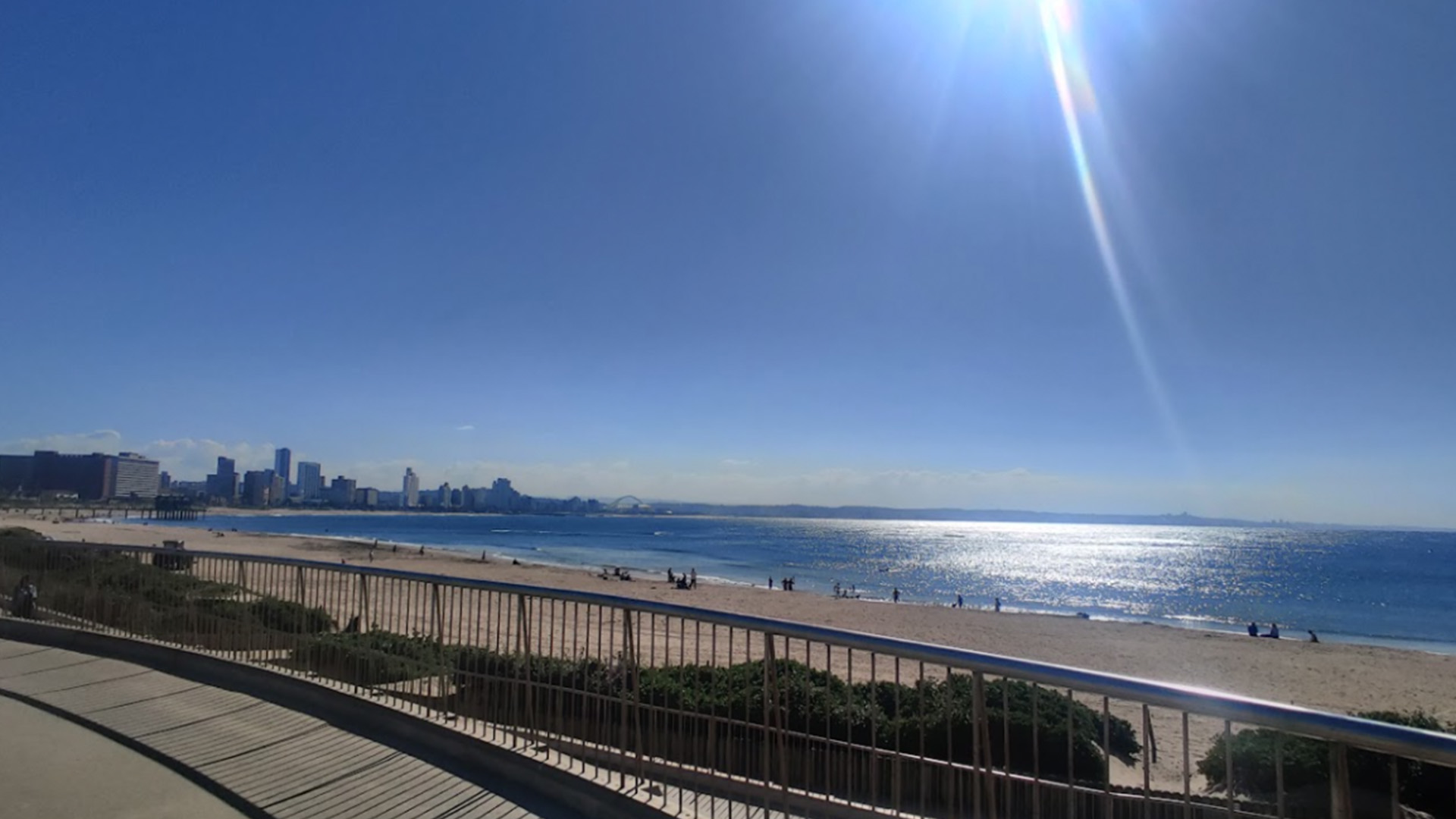South African volunteer Shannon Van Vuuren recounts how life changed in Cape Town during one of the country’s worst droughts

A woman residing in a small flat, working five days a week in an office, who dropped her tie-dying hobby, amidst the Water Crisis doesn’t make for an interesting read.
I’ve been passionate about various environmental issues since a young age, and water consumption made that list prior to the drought. However, seeing how most friends, colleagues, strangers and even businesses were doing their bit to reduce their water consumption really surprised me – but not as much as how drastically things changed!
Besides YouTube inspired homemade water saving contraptions (which all help by the way) – buckets became an addition to the local flora found in most homes. Friends visiting from Johannesburg had to get used showering with a bucket and using the same bucket when needing to flush away their “number 2”.
The “if it’s yellow let it mellow” policy was introduced in most public toilet facilities that I came across including restaurants – and, as a little bit of a germaphobe, this was an adjustment to usually finding a freshly flushed public loo for my sanitation needs.
Another realisation was how pressure reduction could make such a big difference. It was fantastic to see innovative tap fittings (aerators) being installed in various facilities. After having used one, I really just cannot bear it when anyone fully opens a tap when washing his or her hands.
Cape Town residents started collecting their own free spring water that runs down the slopes of the mountain. This then later resulted in awareness (to most residents horror) that most spring and/or storm-water actually runs out to sea!
Awareness grew and people also started to become aware of just how they were indirectly impacting water consumption by eating excessive meat or buying excessive clothes to name only two examples. (Whether most residents cared or thought they could do anything about this is another story).
Any ignorance around this was soon met with a price hike in food, as the agricultural sector was by the government’s water restrictions. A few friends who grew vegetables had to give up on their gardens as water restrictions intensified and they had to bear the burn on their pockets.
Many individuals and companies took advantage of the crisis, loading van-loads of filled water bottles at the springs to sell, and well-known retail stores were selling massive quantities of bottled water “4 for the price of 3” to fearful residents.
Landscapes became dry and deserted. Plant and animal numbers declined – and the impact on some other species was also apparent. Beekeepers had no honey to harvest as their swarms of bees had little flowers to get pollen (“food”) from.
The only real silver lining was having the perfect excuse for not washing my car or when someone caught me wearing the same clothes the next day. Nothing else matters when the rain stops, and all the fear and uncertainty around the time was just a taste of that.



